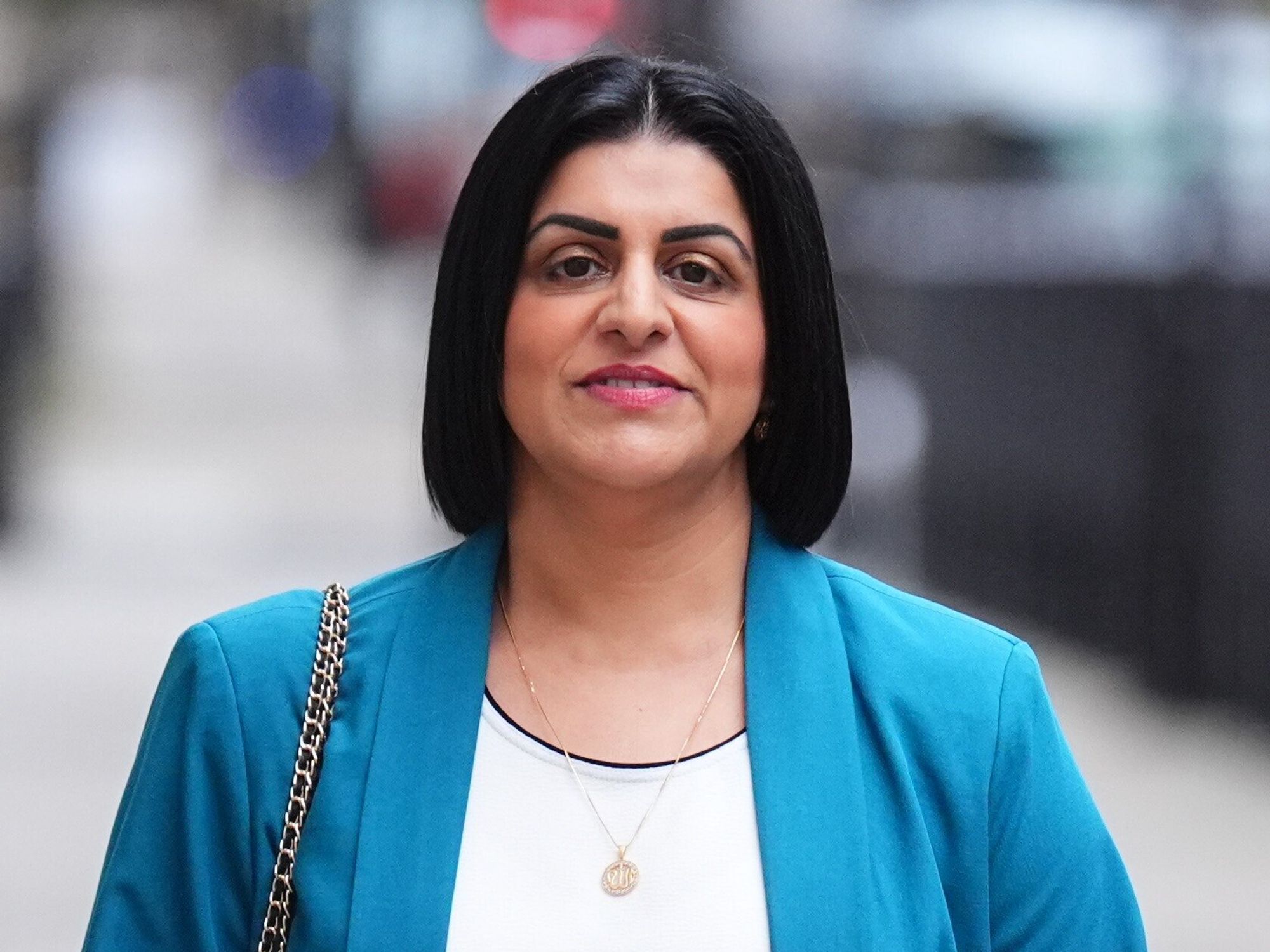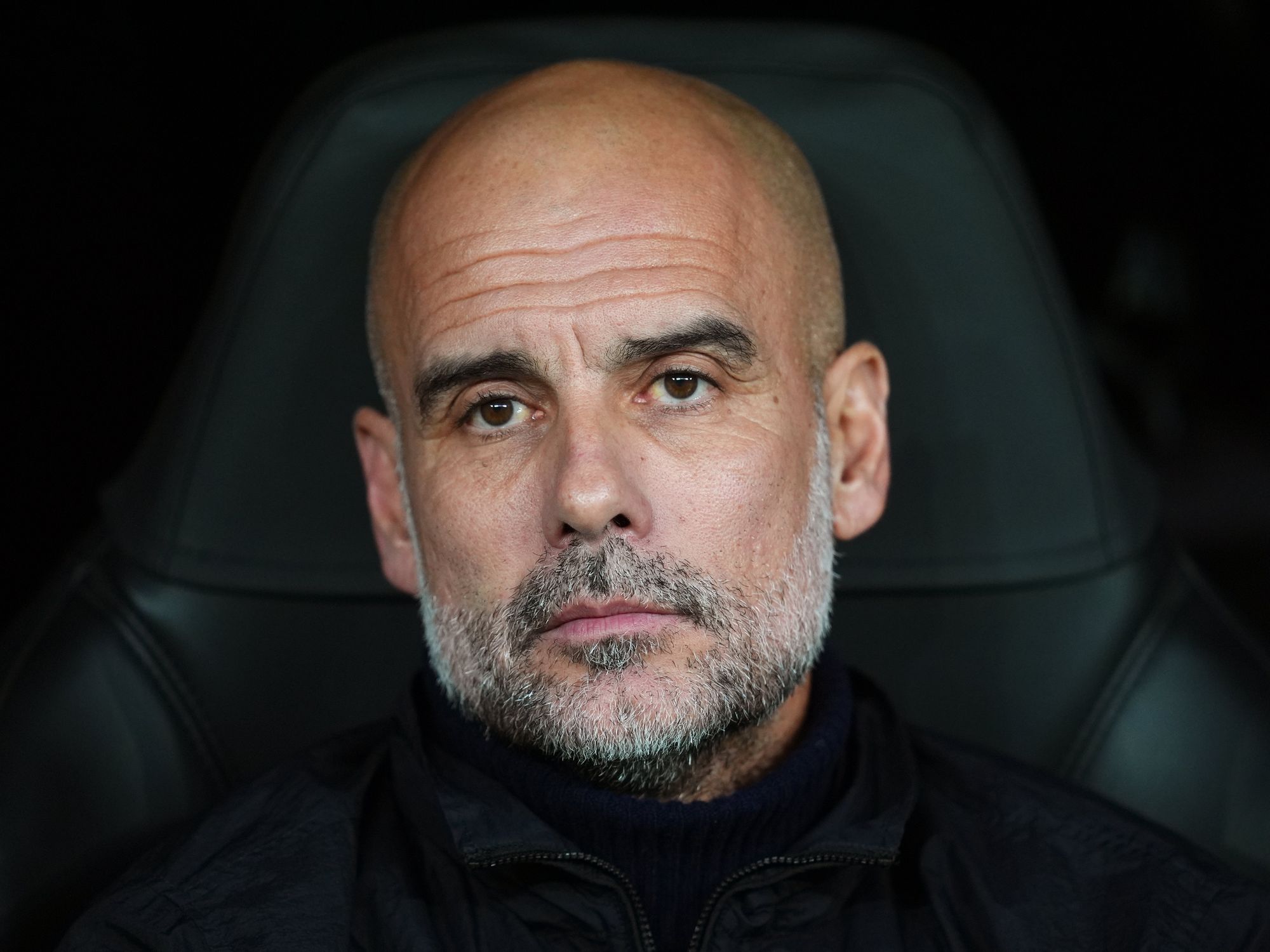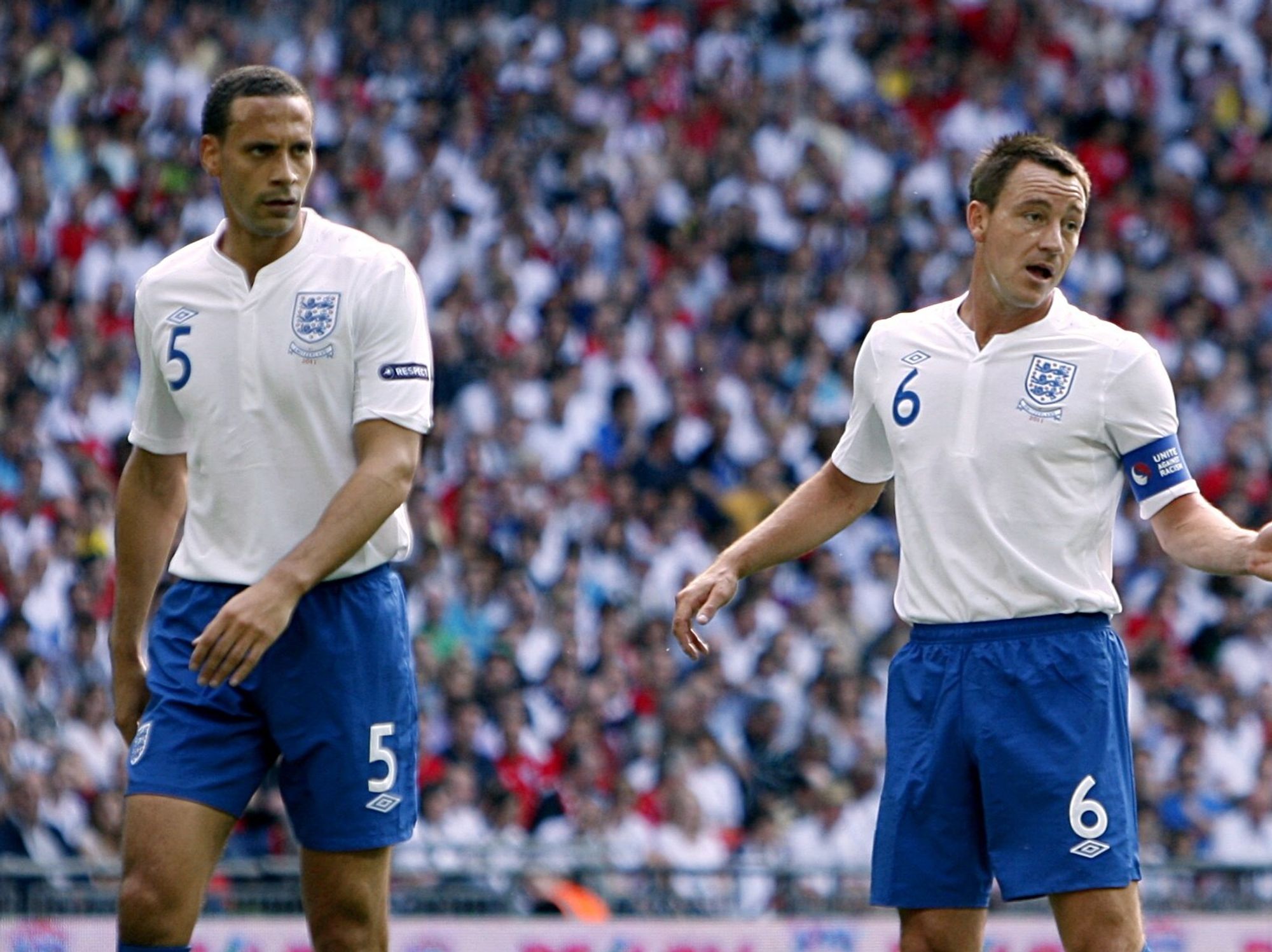Devastating blow for BT as record number cancel broadband from Openreach in favour of lesser-known rivals
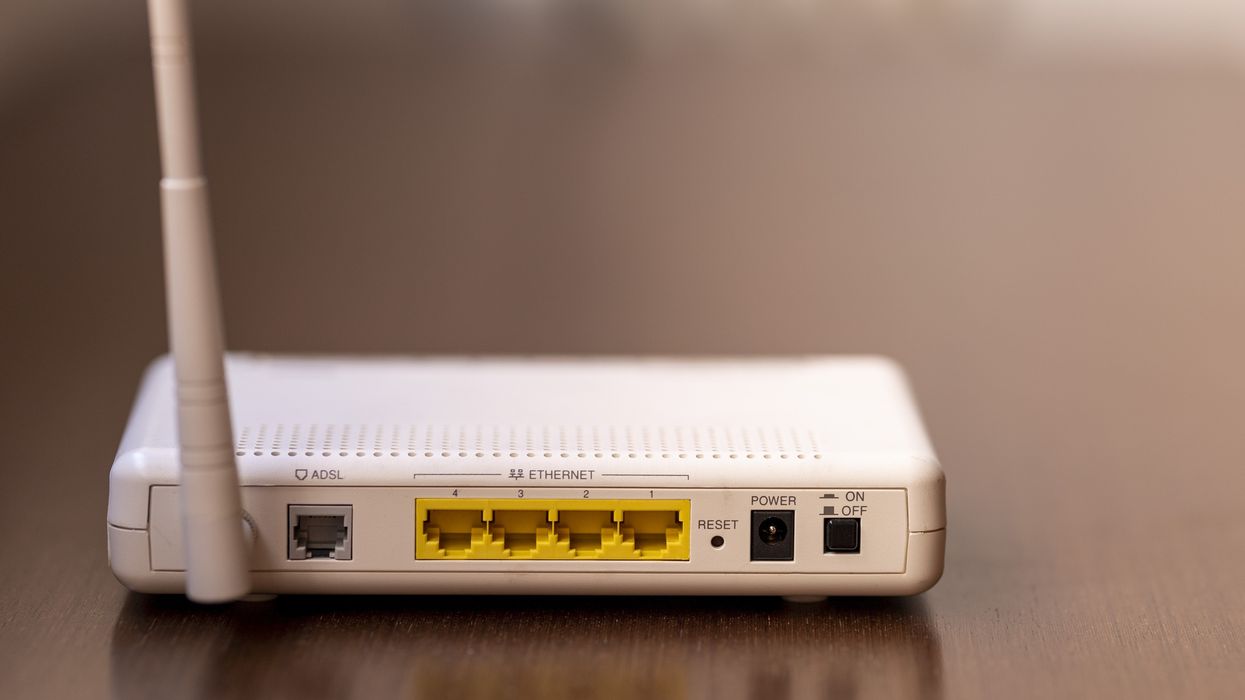
In the latest quarterly results, BT confirmed that a record number of people had turned their backs on broadband deals connected to its Openreach infrastructure, which reaches 99% of the homes and businesses in the UK
|GETTY IMAGES

All products and promotions are independently selected by our experts. To help us provide free impartial advice, we will earn an affiliate commission if you buy something. Click here to learn more
196,000 people ditched broadband powered by Openreach cables in the last three month — the highest number on record
- BT-owned Openreach lost users to Virgin Media O2 and "alt nets"
- Brands like Sky, EE, TalkTalk, and BT all rely on Openreach infrastructure
- Despite the exodus, Openreach connected 1m premises to full-fibre
- BT bosses say fewer new builds and a weak broadband market to blame
Don't Miss
Most Read
Thousands of British broadband customers have turned their backs on brands that rely on infrastructure from BT-owned Openreach. That includes the likes of EE, TalkTalk, Sky Broadband, and of course, BT itself.
In total, 196,000 people ditched Openreach's network in three months to the end of June — its worst drop yet.
- View Deal | Get 145Mbps broadband speeds with Sky for £29
- View Deal | Get Sky TV + Netflix + broadband for £14 with Sky Glass TV
- View Deal | Get 500Mbps broadband speeds from Vodafone for £33
- View Deal | Get 300Mbps broadband speeds from Plusnet for £29.99
Openreach is the biggest broadband provider in the UK, with 99% of homes and businesses in the country able to connect to its internet cables.
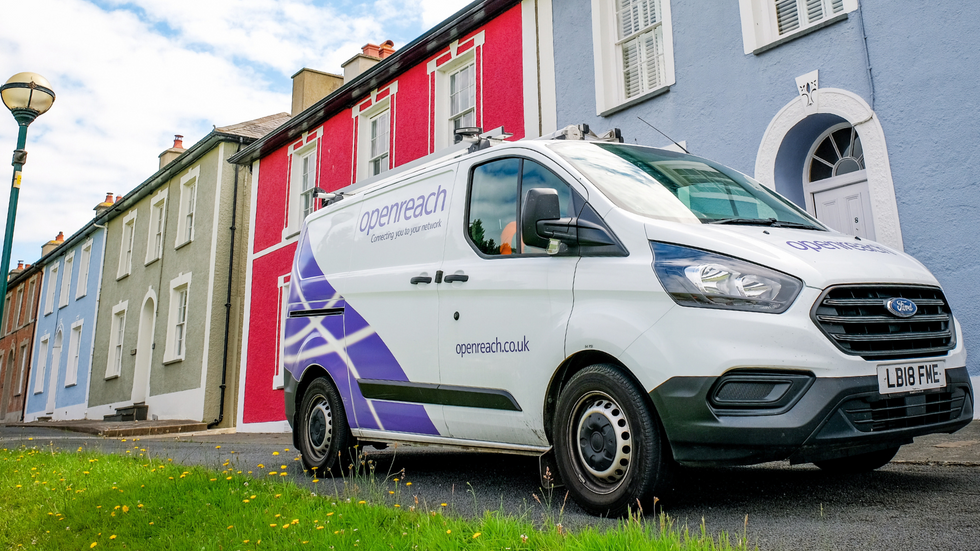 Openreach, which is owned and operated by BT, maintains nationwide broadband and phone line infrastructure used by brands including EE, Sky, TalkTalk, Plusnet, and BT | OPENREACH PRESS OFFICE
Openreach, which is owned and operated by BT, maintains nationwide broadband and phone line infrastructure used by brands including EE, Sky, TalkTalk, Plusnet, and BT | OPENREACH PRESS OFFICE BT bosses blamed the mass exodus, which represented a significant uptick compared to the previous financial quarter, on a weaker overall market for broadband and fewer new homes coming online.
Despite the fall in Britons relying on Openreach cables to connect to the internet, the company said it expanded its full-fibre infrastructure at a record pace over the last quarter, adding one million new premises to the network. That brings the total number to 15 million, including 4.2m rural sites.
Openreach has set itself the target of reaching 25 million homes and businesses by December 2026.
Full-fibre broadband offers faster speeds and a more reliable connection. These next-generation cables replace ageing copper infrastructure, although the switch has seen BT cut off traditional landlines in favour of new broadband-powered alternatives — something many have complained about.
BT-owned Openreach is increasingly losing ground to lesser-known full-fibre networks, dubbed “alt-nets”. These are often hyper-localised and focused on building next-generation fibre broadband in rural areas and parts of major cities that might've been overlooked by the biggest internet suppliers.
Customers who turn their back on Openreach increasingly turn to Virgin Media O2, which announced plans to open up its broadband network, which connects to over 16.2 million homes across the UK, to other internet providers for the first time in January. This represents a huge challenge to Openreach.
Things could be about to get even worse for BT-owned Openreach.
That's because switching between broadband suppliers with their own full-fibre infrastructure distinct from BT-owned Openreach — like Virgin Media, Hyperoptic, and Community Fibre — is about to get much, much easier.
One Touch Switching Company, an industry-led organisation often referred to as TOTSCo, has confirmed that its 'one-touch' switch system is now due to go live on September 12, 2024. From that date, you'll be able to switch from broadband companies that run on Openreach infrastructure (BT, EE, TalkTalk) and separate full-fibre networks (Virgin Media, Hyperoptic, Community Fibre) within 24 hours, instead of the previous target of 10 days.
The switchover will be organised by the broadband companies, so you won't need to spend any time on hold with a customer service representative. If you lose internet for more than a day during the switch, you'll be paid compensation.
Earlier this year, TOTSco confirmed that its original launch date of March 2024 was “no longer achievable."
Switching between broadband brands that run on infrastructure from Openreach, like EE, BT, Sky, Vodafone, TalkTalk, and Plusnet to name just a few, is relatively simple. There’s no need to contact your current supplier to let them know that you’re leaving, instead, all of the admin is handled by your new broadband provider when you sign up for a new contract.
The two competing brands will organise a switchover behind the scenes, so you're not left without an internet connection for more than a few hours. If things do go awry during the switchover and you’re left without broadband for more than one working day, you'll automatically be compensated for the inconvenience.
- View Deal | Get 145Mbps broadband speeds with Sky for £29
- View Deal | Get Sky TV + Netflix + broadband for £14 with Sky Glass TV
- View Deal | Get 500Mbps broadband speeds from Vodafone for £33
- View Deal | Get 300Mbps broadband speeds from Plusnet for £29.99
This hassle-free switching has been commonplace for over a decade, ever since Ofcom threw its weight behind tough switchover rules back in 2013. It means you can ditch your current broadband supplier with relative ease, so you can switch to a deal with lower costs, faster speeds, or a better bundle with paid-for TV and other perks.
It removes almost all fears about switching broadband providers — being left without a connection for weeks, evenings spent on the phone to arrange a date for an engineer appointment, paying two broadband bills because the cut-off date and start of your new contract didn't line-up perfectly.
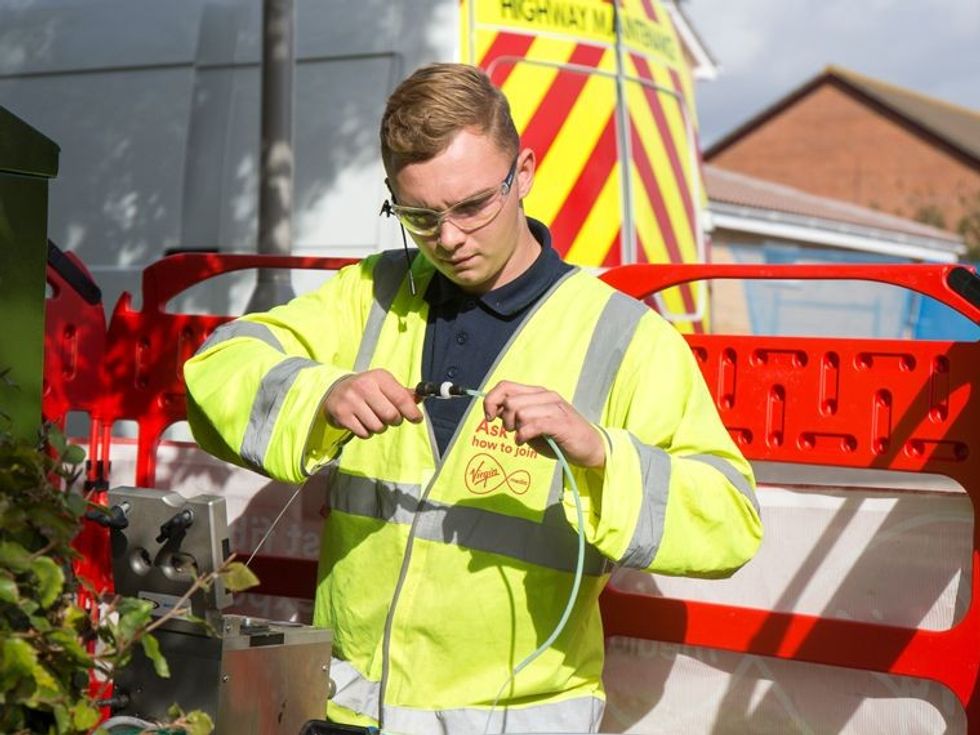
Following its merger with O2, Virgin Media has opened-up its own fibre broadband network to other brands like Sky, TalkTalk, and Vodafone to rival BT-owned Openreach in the wholesale market
| VIRGIN MEDIA O2 PRESS OFFICEHowever, there was one exception: these measures only worked with brands on the Openreach network.
The One Touch Switching Company was created to bring these same rules to all broadband providers in the UK for the first time. Suppliers like Virgin Media, Hyperoptic, Community Fibre, and G.Network to name a few, all own and operate full-fibre networks distinct from Openreach.
Since these separate networks are not covered under the existing rules, switching between an Openreach-powered brand to a standalone fibre network is much more onerous.
You’ll need to contact your current supplier to arrange a date to switch off your current connection and try to organise the installation of your new provider as close to that date as possible.
Unfortunately, if you’re left without internet for days – that’s on you.
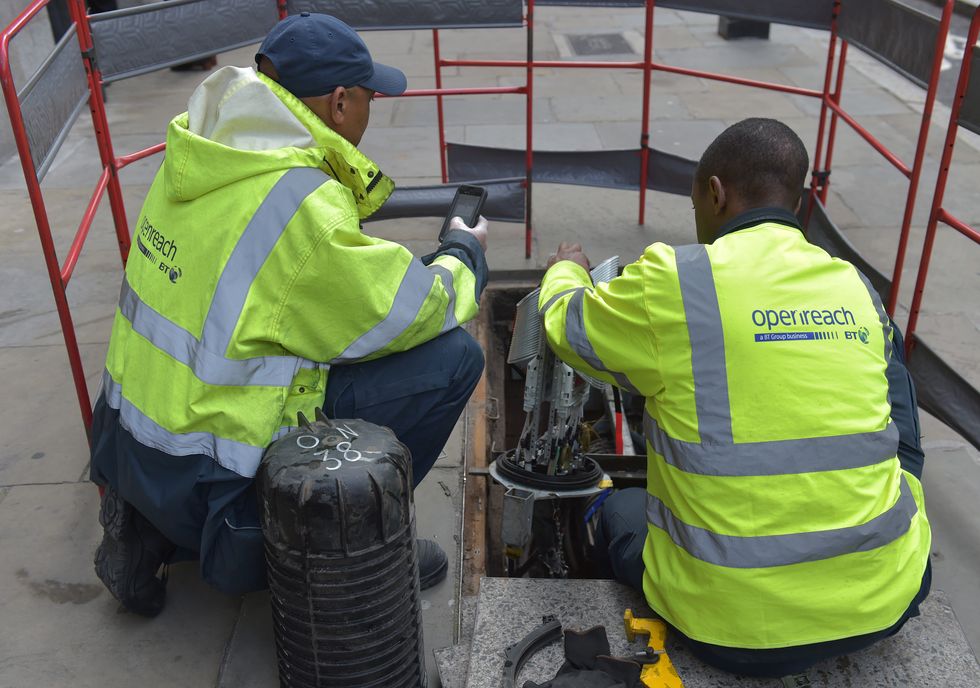 Fibre broadband engineers from Openreach, the infrastructure arm of BT work on a fibre cable junction in central London | PA
Fibre broadband engineers from Openreach, the infrastructure arm of BT work on a fibre cable junction in central London | PAUnsurprisingly, the extra admin required to switch to one of these brands puts off some customers. Four in 10 people (41%) in the UK decide against switching because of the headache of having to contact more than one provider, previous Ofcom research has shown.
LATEST DEVELOPMENTS
- Broadband price rises linked to inflation OUTLAWED under new Ofcom rule
- Despite plummeting revenue from licence fee, BBC scores victory over Netflix
- Google Maps challenged by tough new rival that's been 12 years in the making
- Missing the next Samsung Galaxy update could have dire consequences
A similar number (43%) were put off switching because they deemed it too time-consuming. And of those who do switch, almost a quarter (24%) who contact their current provider face unwanted attempts to persuade them to stay.
With the announcement of the September 12 launch date, we've never been closer to all broadband providers operating under the same rules. Customers looking to switch from BT to Virgin Media broadband will be able to guarantee that they're not left without an internet connection for days — with both companies working behind-the-scenes to ensure there's minimal disruption as you switch from Openreach infrastructure to Virgin Media.
Discussing the latest quarterly results for BT and Openreach, CEO Allison Kirkby said: "Openreach continues to build at pace and with even more efficiency, passing the milestones of 5m connections and – just yesterday – 15m premises built. In Consumer, the widespread availability of FTTP and 5G combined with our new EE propositions has contributed to an improved trend in our customer base, in what remains a very competitive market."







